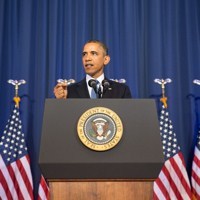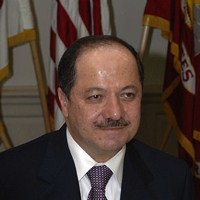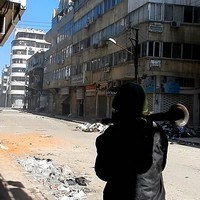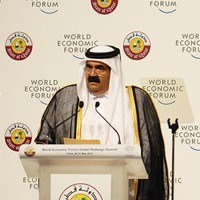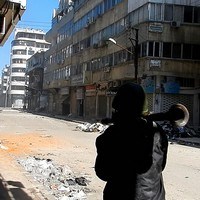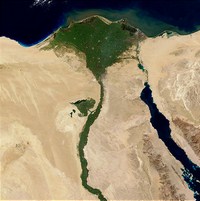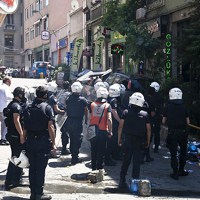
The protests that began in Istanbul last month and soon spread throughout Turkey have become a globally watched demonstration against Prime Minister Recep Tayyip Erdogan and his recent policies. By their nature and, most importantly, because this crisis was so badly managed by the prime minister, the protests will undoubtedly represent a turning point in the country’s political life, affecting Turkish society and democracy. However, the past month’s events, while alarming, do not necessarily represent the worst-case scenario for Turkish democracy that many have made them out to be. In fact, the protests in Turkey are reinvigorating public debate in […]

